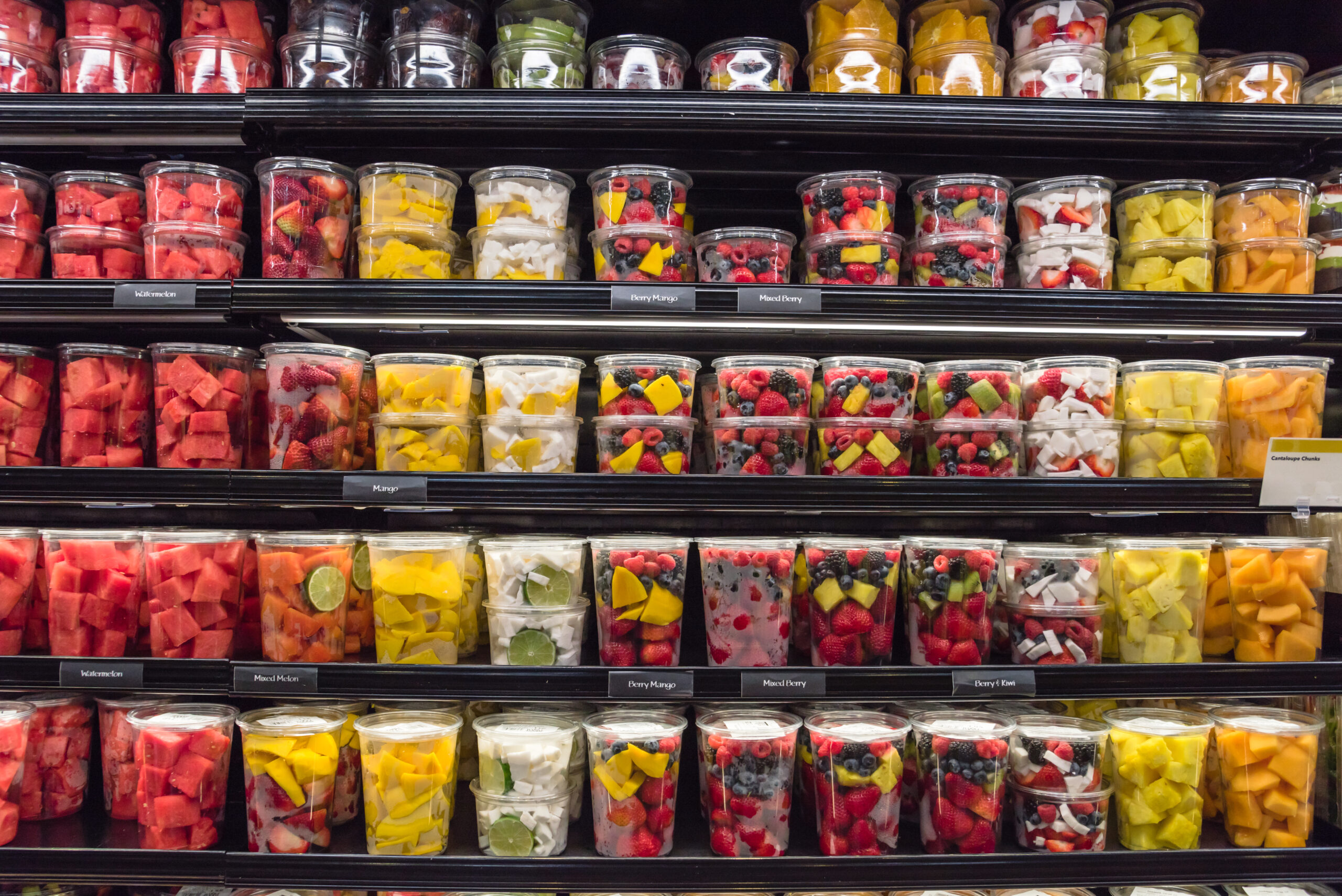In October 2022, EFSA issued a negative opinion on b-hydroxybutyrate salts as a novel food.
Here is the summary of that opinion, which you can also find on their website:
Following a request from the European Commission, the EFSA Panel on Nutrition, Novel Foods and Food Allergens (NDA) was asked to deliver an opinion onb-hydroxybutyrate (BHB) salts as a novel food (NF) pursuant to Regulation (EU) 2015/2283. The NF consists of sodium, magnesium and calcium BHB salts, and is proposed to be used by adults as a food ingredient in a number of food categories and as food supplement. The data provided by the applicant about the identity, the production process and the compositional data of the NF over the course of the risk assessment period were overall considered unsatisfactory. The Panel noted inconsistencies in the reporting of the test item used in the subchronic toxicity study and human studies provided by the applicant. Owing to these deficiencies, the Panel cannot establish a safe intake level of the NF. The Panel concludes that the safety of the NF has not been established.
Avoidable mistakes were made in the submission of this novel food dossier. In order to obtain a marketing authorization for this type of ingredient, it is necessary to follow the procedures established by the Commission to the letter and to be surrounded by experts who are used to carrying out this process.
This is how we would have done it :
| Errors raised by the EFSA expert panelThe mistakes made in this novel food dossier | FoodChain ID best practiceHow can they be avoided? | |
|---|---|---|
| #1 |
❌ Work with non-certified manufacturer or laboratory
Your ingredient is produced in a non-certified facility, and you are not able demonstrate the effectiveness of your quality management system as expected by EFSA. In addition, the compositional analyses and toxicological studies were performed in a non-accredited laboratory. EFSA is asking you to provide new certificates of analysis and questions the conclusions of your toxicity studies. |
✔ Selection of qualified partners
The manufacturing, compositional analysis and toxicological studies of your ingredient must be assessed in the respect of internationally recognized quality standard (ISO, GMP, GLP…).
We can support you in the selection of your qualified partners and evaluate the quality of your analytical data and the relevance of lab certifications.
|
| #2 |
❌ Discrepancies in the data submitted
The data you initially submitted are not accurate and do not meet EFSA’s evaluation criteria,. You had to submit new data that is inconsistent with the previous data. This is likely to create doubts about the robustness, consistency and credibility of the data submitted. |
✔ Upstream review of data and submission of reliable data only
The construction of a complete and coherent dossier that respects the recommendations given by EFSA is key.
We can perform an upstream review of your data and submit reliable and relevant data to support your application.
|
| #3 |
❌ Lack of pertinent safety studies on your product
EFSA requests that the safety of the product must be defended, at a minimum, by genotoxicity tests and a sub-chronic toxicity study carried out with the product for which the request is made.
The safety data for your ingredient is based on a literature review but its identity has not been sufficiently demonstrated.
EFSA’s considers that the assessment was hindered by uncertainties on the composition and specifications of your ingredient.
|
✔ Support in the design and analysis of toxicology studies
The safety of the ingredient can be defended on the basis of a literature review, assuming that the composition of the ingredient is precisely documented.
We can assist you in the selection and presentation of pertinent literature data.
We can also support you in the design and analysis of toxicology study. Indeed, conducting at least genotoxicity assays and a sub-chronic toxicity study on your product is highly recommended.
|










